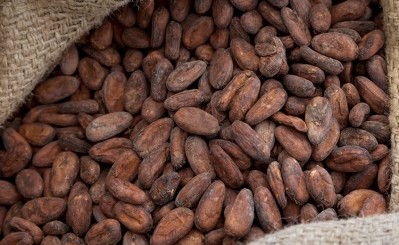Brexit
German Confectionery Industry sees decline in exports to UK after Brexit

It said the negative effects of Brexit now threaten to damage the German confectionery industry in the long term due to logistical and administrative hurdles.
“Because of the new customs regulations, many freight forwarders will forego doing business with Great Britain after Brexit. The bureaucratic effort, for example when declaring goods or because of work visas for drivers, has increased considerably. As a result, exporting smaller deliveries of goods is no longer worthwhile. In addition, this leads to difficulties and delays in delivering to the UK market as well as significantly higher logistics costs,” it said.
Approximately 5% of German production of chocolate, sweets, biscuits depend on the British market.
Exports are an important basis for medium-sized companies in particular to be able to generate income against the background of competition and the tough price war in Germany.
"From the point of view of the German confectionery industry, after Great Britain has left, it is essential that the European internal market is no longer fragmented by special national regulations, but that harmonised regulations, especially in the area of labelling, preserve the export opportunities of medium-sized companies" said Dr Carsten Bernoth, General Manager of the BDSI.
“In addition, trade agreements suitable for medium-sized companies should enable new value chains. However, the trade agreement between the European Union and Great Britain is not a perfect example of this. "
Brexit background
Great Britain left the EU customs union and the internal market on January 1, 2021. A trade agreement was reached at the last minute, but tariffs are now due for many goods.
German confectionery exports
With an export share of over 50%, more than every second ton of German confectionery is exported. A total of around 531,105 tons of confectionery and snacks were exported in the first quarter of 2021. Compared to the same quarter of the previous year, this means a volume decrease of -4.4%. Compared to the first quarter of 2020, export sales fell by -3.6% to around € 2.04bn. Source: BDSI













